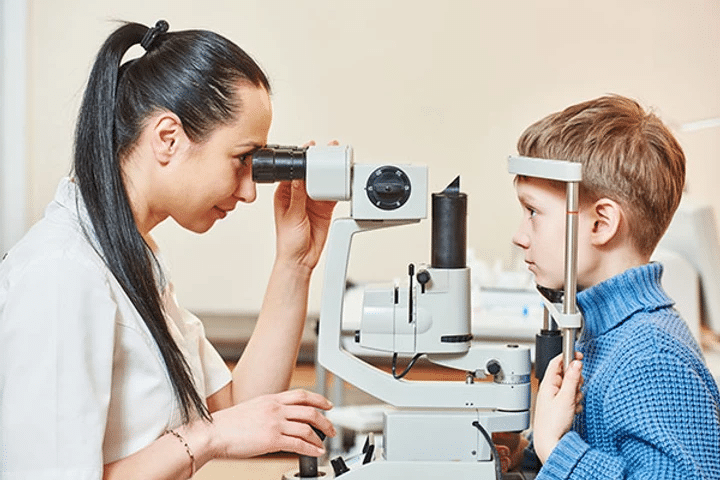Regular eye examinations are a crucial component of comprehensive healthcare, serving both to preserve vision and to detect potential health issues early. While many people only consider eye tests when experiencing vision problems, routine examinations play a much broader role in maintaining overall health and wellness.

Early Detection of Vision Problems
Many eye conditions develop gradually without noticeable symptoms in their initial stages. Regular eye tests can identify issues such as:
- Refractive errors: Nearsightedness, farsightedness, and astigmatism
- Presbyopia: Age-related difficulty with near vision, typically emerging after age 40
- Cataracts: Clouding of the eye’s natural lens that develops slowly over time
- Glaucoma: Often called the “silent thief of sight” due to its asymptomatic early stages
- Macular degeneration: Progressive condition affecting central vision
Early detection allows for more effective treatment and better management of these conditions, potentially preventing vision loss.
Identification of Systemic Health Conditions
Eye examinations can reveal signs of broader health issues, including:
- Diabetes: Diabetic retinopathy and blood vessel changes visible in the retina
- Hypertension: Damage to retinal blood vessels indicating high blood pressure
- Autoimmune diseases: Inflammation patterns suggesting conditions like rheumatoid arthritis
- Neurological disorders: Optic nerve changes that may indicate multiple sclerosis or other neurological conditions
- Thyroid disease: Eye protrusion or retraction associated with thyroid dysfunction
Vision Correction and Quality of Life
Regular testing ensures that corrective prescriptions remain accurate and appropriate for current visual needs. Proper vision correction contributes to:
- Improved safety during daily activities and driving
- Enhanced performance in work and educational settings
- Reduced eye strain and headaches
- Better depth perception and visual coordination
Recommended Examination Frequency
The American Optometric Association suggests these general guidelines:
- Children: First comprehensive exam at 6 months, 3 years, before first grade, then every 2 years
- Adults 18-60: Every 2 years for those without risk factors or symptoms
- Adults 61 and older: Annual examinations
- Individuals with risk factors: More frequent monitoring as recommended by an eye care professional
Risk factors requiring more frequent examinations include diabetes, family history of eye disease, previous eye injuries, and certain medications.
Components of a Comprehensive Eye Examination
A thorough eye test typically includes:
- Visual acuity assessment using eye charts
- Refraction testing to determine appropriate prescription strength
- Visual field testing to check peripheral vision
- Ocular motility assessment evaluating eye movement and coordination
- Binocular vision evaluation assessing how eyes work together
- Retinal examination using specialized equipment to view internal eye structures
- Intraocular pressure measurement important for glaucoma screening
Special Considerations for Different Life Stages
- Children: Early detection of amblyopia (lazy eye) and other developmental vision issues
- Adults: Monitoring for age-related changes and computer vision syndrome
- Seniors: Increased screening for cataracts, glaucoma, and macular degeneration
Beyond Vision Correction
Modern eye care extends beyond simple vision correction to include:
- Digital eye strain management for frequent computer users
- Sports vision optimization for athletes
- Low vision rehabilitation for those with irreversible vision loss
- Pre- and post-operative care for surgical patients
Regular eye examinations represent an essential investment in long-term health and quality of life. They provide not only vision correction but also early detection of serious eye conditions and systemic health issues. By maintaining a schedule of appropriate eye examinations based on age, risk factors, and individual needs, individuals can help preserve their vision and overall health for years to come.
This information provides general guidance about eye health. Individual recommendations may vary based on specific circumstances. Consult with an eye care professional for personalized advice and examination schedules.